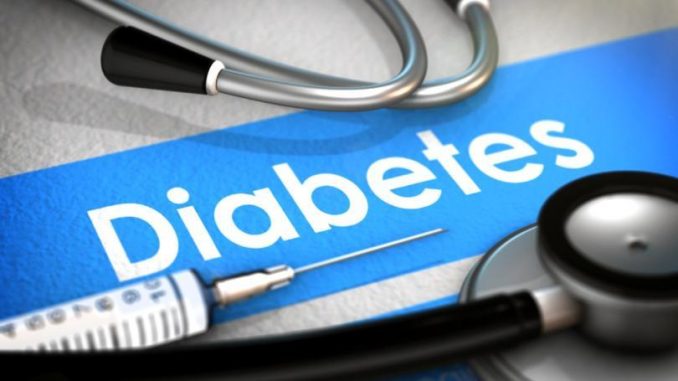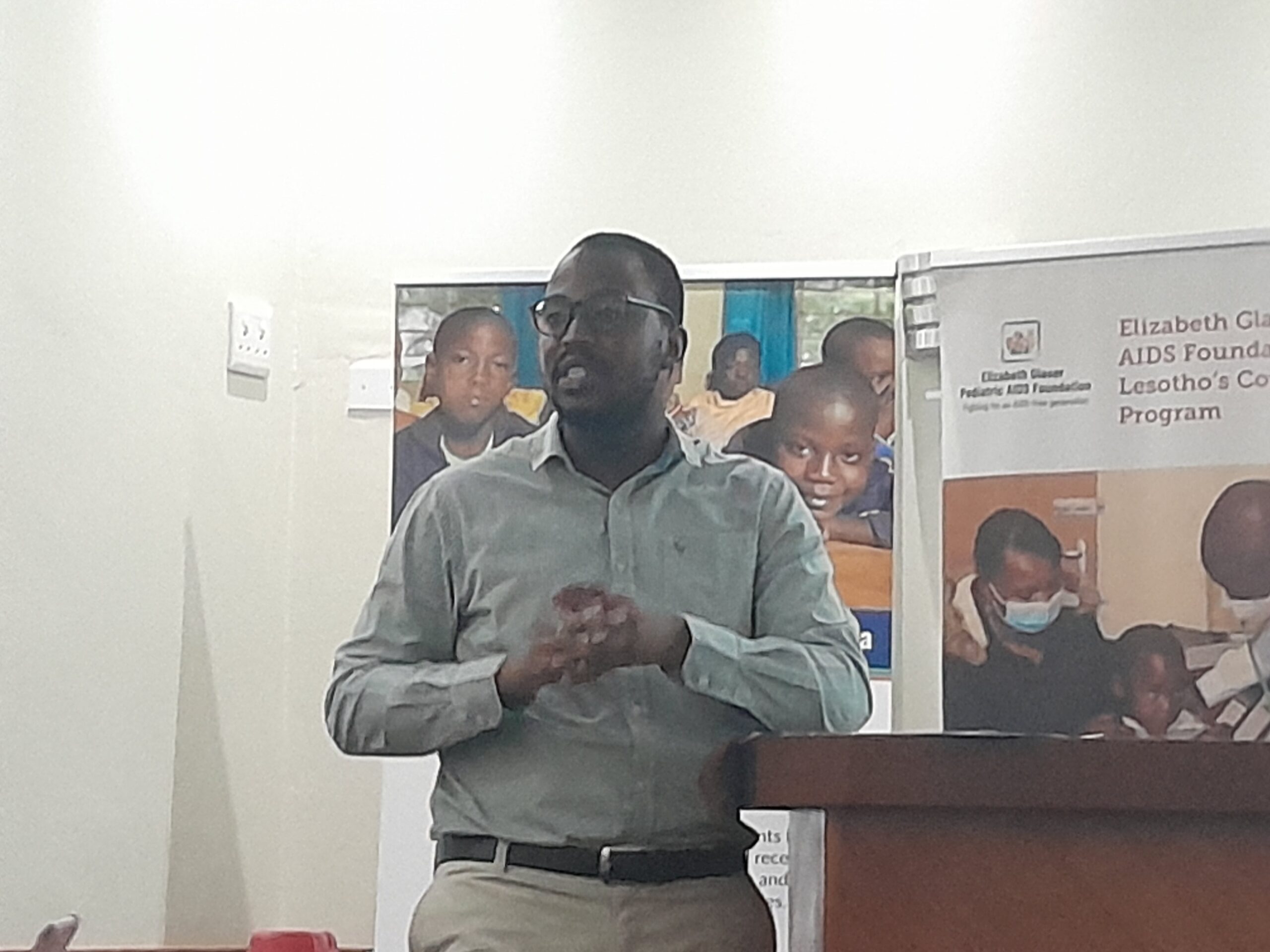Ntsoaki Motaung
Lesotho braces to mark World Diabetes Day alongside global commemorations, yet beneath the surface of awareness, a grim reality surfaces: male diabetic patients grapple with lingering stigma.
As the Diabetes Association of Lesotho (DAL) teams up with the Ministry of Health for this significant event today, ‘Mamoliehi Mokoloko, a spokesperson from the association this week, revealed unsettling concerns about the prevalent stigma surrounding male diabetes.
Mokoloko disclosed that this year’s theme is ‘Know your risk, know your response’.
She lamented the secrecy enveloping men’s diabetic status, attributing this reticence to misconceptions linking diabetes with sexual incapacity.
“There’s a prevailing belief that having diabetes directly leads to an inability to engage in sexual activity, driving many men into silence about their condition,” she said.
She highlighted the urgent need for comprehensive awareness campaigns, emphasising that adherence to treatment enables a normal life, debunking the fallacy of diabetes as a direct cause of sexual dysfunction.
Mokoloko stressed that diabetes does not discriminate by age, affecting individuals across all life stages, from newborns to youth. She urged increased education and support for caregivers, acknowledging the complexities of caring for diabetic patients.
She indicated that according to research by the International Diabetes Federation (IDF), there are more than 48,000 adult patients with diabetes in Lesotho.
“At the beginning of the year, the association had more than 1,000 members but because there is a subscription to be paid we are now left with about 600 members,” she said.
She said the work of the association was to provide support to diabetes patients as well as their caregivers and provide them with counselling as well as education.
Adding to the discourse, Dr. Matshidiso Moeti, the World Health Organisation (WHO) Regional Director for Africa, reiterated the focus on preventing diabetes, specifically type 2 diabetes linked to lifestyle factors such as obesity, sedentary habits, and poor diet.
Dr Moeti underscored the gravity of diabetes, ranking among the top 10 causes of global mortality and affecting over 24 million adults in Africa.
Alarmingly, these numbers are projected to soar to 55 million by 2045, underscoring an imminent healthcare crisis.
“Diabetes claimed 416,000 lives across Africa in 2021 and is projected to remain a leading cause of mortality in the region by 2030,” she revealed.
Describing the far-reaching impact of diabetes, she emphasised its pervasive effect on the body and the potential for severe, life-threatening complications if not managed effectively.
This not only escalates the need for intensive medical care but also results in diminished quality of life and premature fatalities, imposing a significant burden on both individuals grappling with the disease and their families.
“Within Africa, a substantial portion of individuals living with diabetes remains undiagnosed or lacks access to vital medications and technologies essential for their management. Shockingly, 54 percent of people with diabetes in Africa remain undiagnosed, underscoring the crucial need for heightened awareness and improved diagnostic capacities within our communities,” Dr Moeti said.
Highlighting the criticality of addressing diabetes comprehensively, she called for a collective responsibility – urging individuals at risk, healthcare professionals, and policymakers alike to take diabetes seriously.
Promoting prevention through a balanced lifestyle encompassing nutritious diets, physical activity, and abstention from tobacco and alcohol emerges as a potent strategy to significantly reduce the risk of developing type 2 diabetes.
In a fervent plea to governments, she urged investments in diabetes prevention and equitable access to essential medications like oral anti-diabetes drugs, insulin, glucometers, and test strips for all communities.
Customizing and adhering to global targets for diabetes, she stressed, are crucial components in fortifying and monitoring responses to diabetes within national non-communicable disease programs.
Further, she implored national authorities to fortify surveillance systems, enabling them to track diabetes and other non-communicable disease trends within the population.
This proactive approach, she affirmed, is pivotal in devising more effective strategies to tackle and manage the diabetes epidemic at a societal level.

Your Trusted Source for News and Insights in Lesotho!
At Newsday Media, we are passionate about delivering accurate, timely, and engaging news and multimedia content to our diverse audience. Founded with the vision of revolutionizing the media landscape in Lesotho, we have grown into a leading hybrid media company that blends traditional journalism with innovative digital platforms.












